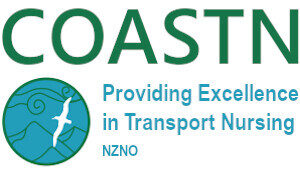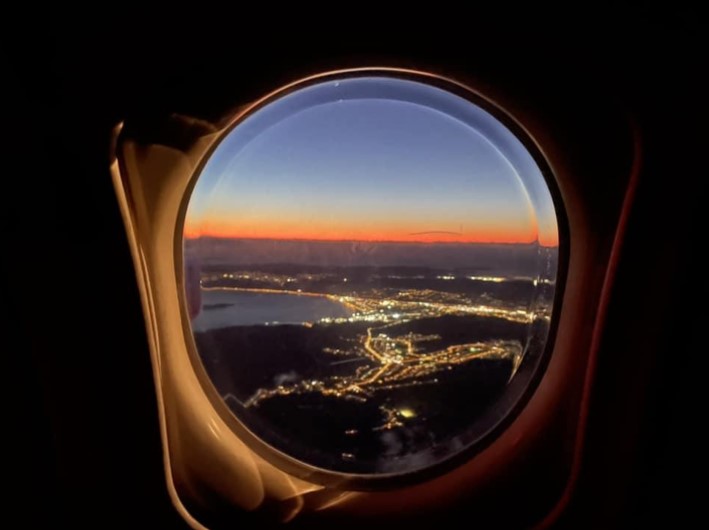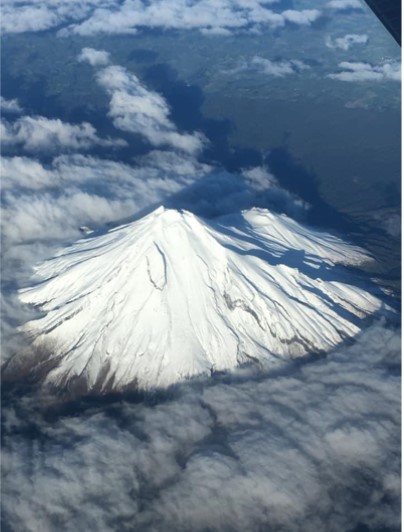 We transport nurses, like nurses everywhere, are experiencing increased workloads – both on land and air. Yet we continue to champion excellence across Aotearoa with a strong focus on professional development, collaboration and innovation in 2025.
We transport nurses, like nurses everywhere, are experiencing increased workloads – both on land and air. Yet we continue to champion excellence across Aotearoa with a strong focus on professional development, collaboration and innovation in 2025.
While most flight teams are a mix of doctors and nurses — and sometimes paramedics — many are nurse-only teams.
Hawke’s Bay Hospital, for example, has about 2000 flights a year, while Dunedin Hospital has about 800. About half of flights from both those regions last year were led by nurse-only teams.
The Nelson-Marlborough hospital region too, has high numbers of flights, with about 1200 last year — 700 of which were run by nurses. Waikato Hospital’s neonatal intensive care unit (NICU) needed 132 flights last year — mostly transferring premature babies needing urgent care into specialist NICUs, including many nurse-led teams.

With only 500 or so flight nurses currently working in New Zealand, these numbers give a sense of the workload and responsibilities we take on as experts, with proven knowledge of the aeromedical environment and effects of altitude on patient and crew physiology.
Flight nursing is a relatively new specialty, and a complex one, practised in a high-risk environment, often in isolation and requiring a high level of clinical skill, knowledge and responsibility.
Our members often have specialist knowledge in areas like adult medical and surgical, paediatric and neonatal intensive care, cardiac and emergency care. This is the level of skill that our expert flight nurses have.
Our members work in both air and road ambulances – from inter-hospital transfers to rescue and disaster response flights. Sometimes we need to get patients from one hospital to another, for specialist services. Or from their remote homes or health service to a larger hospital — and we help everyone from older adults to premature babies. We are on clinically-crewed rotary-wings (helicopters) and fixed-wing (planes) teams as well as in the road ambulances which support them.
The voice of flight nurses at the top
For the past five years, the Government has been restructuring Aotearoa’s air ambulance services through its aeromedical commissioning programme.
COASTN has worked exceptionally hard to make sure there is a nursing voice on the various committees involved. And we have succeeded! After three years of fighting, we now have a COASTN representative on each of the four workstreams — clinical and technical; infrastructure; workforce and coordination/governance.

Our numbers have been steadily climbing – we like that for our pilots as well! We now have nearly 500 members – 476 — which is pretty much all the flight nurses in Aotearoa. A huge number of the country’s nurses who fly are in the college.
The bravest part for nurses who sign up for this is they have to let themselves be strapped into a helicopter frame, blindfolded, turned upside down and dumped into the water!
Our college committee is made up of flight nurses from all around the country, except for gaps coming up in Dunedin, Nelson and Auckland. We would also love more representation from Northland and nurse-led services. But we’re a small community and everyone pretty much knows everyone, so I reckon we’ll shoulder-tap someone eventually.

Serving on the committee is a rewarding way to contribute to the advancement of transport nursing, influence educational initiatives, and support your peers across the country. If you are passionate about the profession and keen to make a difference, we warmly invite you to put your name forward.
We will have our annual general meeting on October 17. This will be a vital opportunity for members to engage in the governance of the COASTN, reflect on its achievements and help shape our future direction.
Aeromedical retrieval course
Our five-day aeromedical retrieval course based at Auckland University of Technology’s Manukau campus in February each year has been running for 10 years now. 2026 dates will be released soon, on our website. This comprehensive programme equips nurses with the critical skills and knowledge for safe and effective patient transport in aeromedical environments.
All had done the HUET training and all survived that crash, so it’s exceptionally valuable.
The course is a huge commitment for members, with a mix of simulated and real-life practical training – such as being dumped in the bush and finding your way home!
The bravest part for nurses who sign up for this is they have to let themselves be strapped into a helicopter frame, blindfolded, turned upside down and dumped into the water! This is known as the HUET – helicopter underwater escape training – where you have to get yourself out, underwater, blind and in the dark.
It’s worth it though. In September 2023 a Westpac rescue chopper crashed in dense bush on Mt Pirongia in Waikato while trying to rescue an injured tramper. The three trained staff aboard – pilot, paramedic and winch operator – all had done the HUET training and all survived that crash, so it’s exceptionally valuable.

About 15-20 people do the training each year and we always prioritise our New Zealand nurses – although we have been able to offer a couple of places for our Australian colleagues in recent years.
We’ve also had nurses from further afield, like Papua New Guinea, enquire – something we hope we can help with in future.
Your voice and involvement are vital to the strength of our college.
We are currently reviewing the course content to ensure it remains relevant, evidence-based and responsive to the evolving needs of transport services across Aotearoa. This will be done in time for our 2027 course.
We have reached out to hospital transport services nationwide to find out what current challenges, skill gaps and emerging priorities are. This reflects our commitment to providing education that is both practical and future-focused.
There is also a scholarship available for a fully-funded place on the course, for COASTN members only.
Conference 2025

A highlight this year will be our COASTN symposium — synergy in motion taking place on October 16 and 17 in Dunedin. This two-day event promises to bring together transport teams from across the motu to share knowledge, explore emerging trends, and strengthen professional networks.
The symposium will feature a diverse programme of speakers, focused on the unique challenges and innovations in air and surface transport nursing. We are excited to announce our keynote speakers Alex Psirides (intensive care specialist Wellington regional hospital) Di Fuller (clinical nurse specialist paediatric intensive care unit), and Dunedin’s nurse and health-care assistant-led World Wide Mosaic cultural awareness programme. Further information and the programme will be uploaded on our COASTN website shortly.
Registrations are now open via the NZNO website, and we encourage all members and interested professionals to secure their place early. Early bird registration closes on August 30. Whether you’re a seasoned transport nurse or new to the field, this symposium offers valuable insights and opportunities for growth.
Strengthening our community
At the heart of COASTN’s work is a commitment to fostering a strong, connected community of transport nurses. Whether working in helicopters, fixed-wing aircraft, ambulances, or other transport modalities, our members share a dedication to delivering high-quality care in dynamic and often unpredictable environments.

Through events like the symposium, ongoing education, and active engagement with services, COASTN continues to support nurses in developing their expertise, advocating for best practice, and building resilience in the face of complex demands.
We also recognise the importance of celebrating the achievements of our members. If you or a colleague have recently completed a significant project, received an award, or contributed to research in the field, we’d love to hear from you at [email protected]. Sharing these stories helps inspire others and highlights the incredible work being done across the country.
Stay connected
As we move toward the second half of 2025, we encourage all members to stay engaged with COASTN activities. Whether through attending the symposium, nominating for the committee, or participating in the aeromedical course, your voice and involvement are vital to the strength of our college.
–– Lynette Will is chair of COASTN and a Dunedin flight nurse





